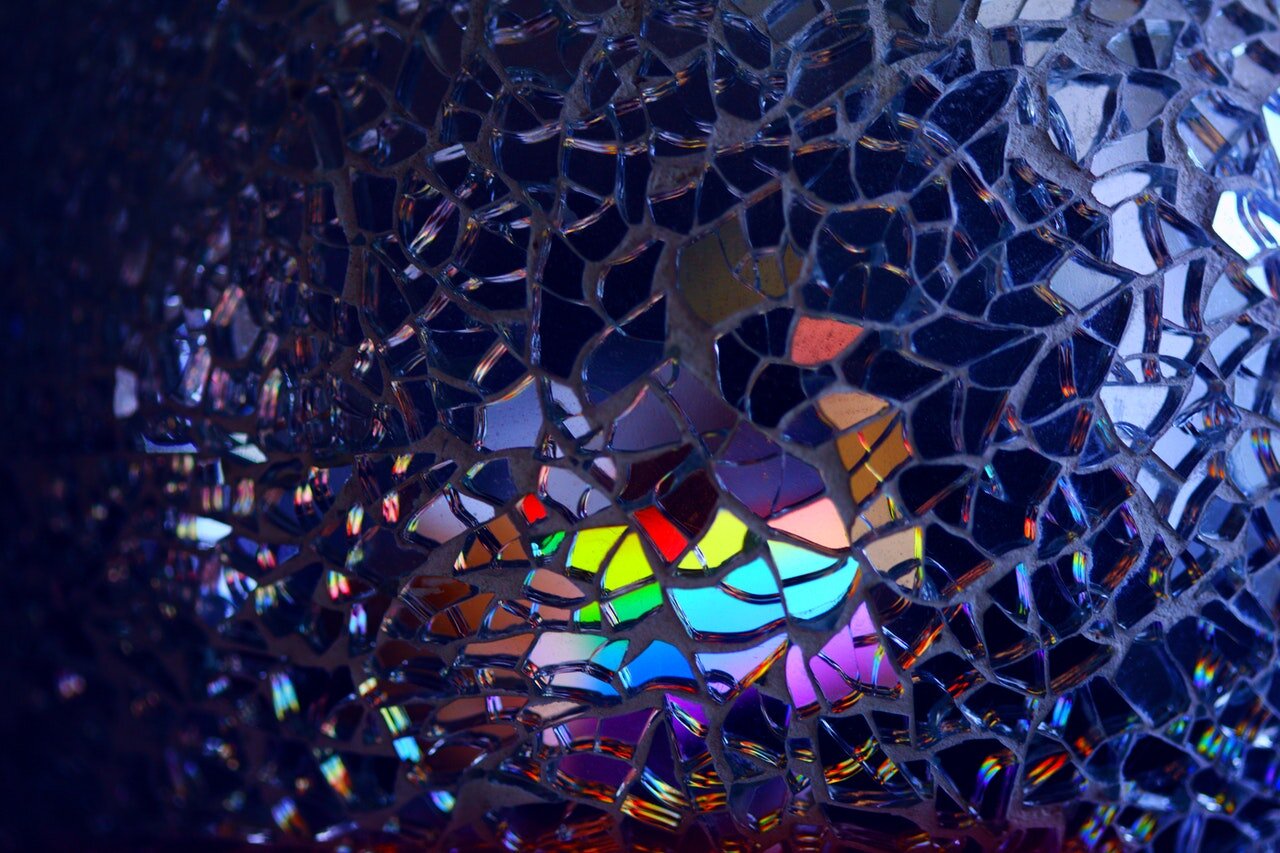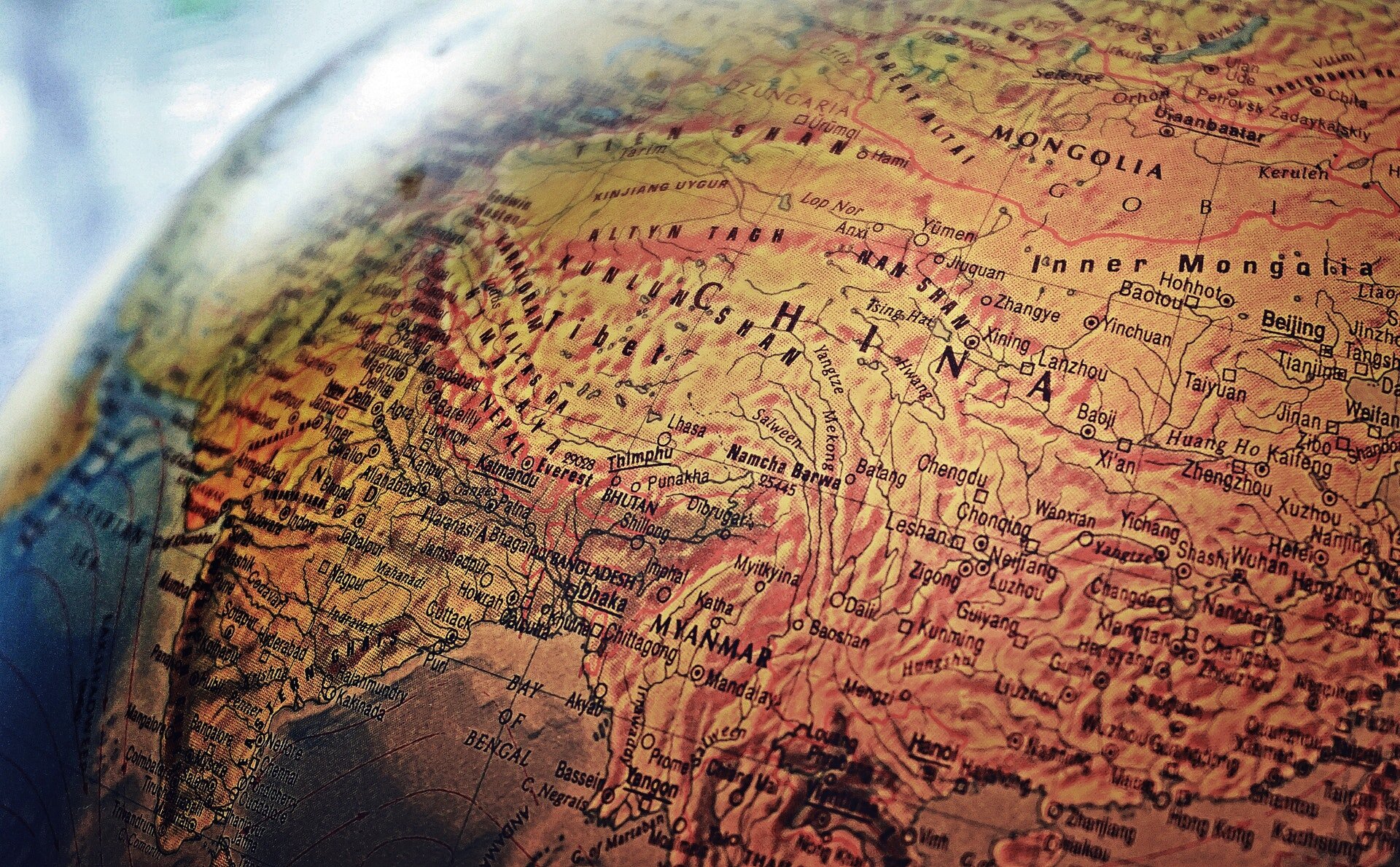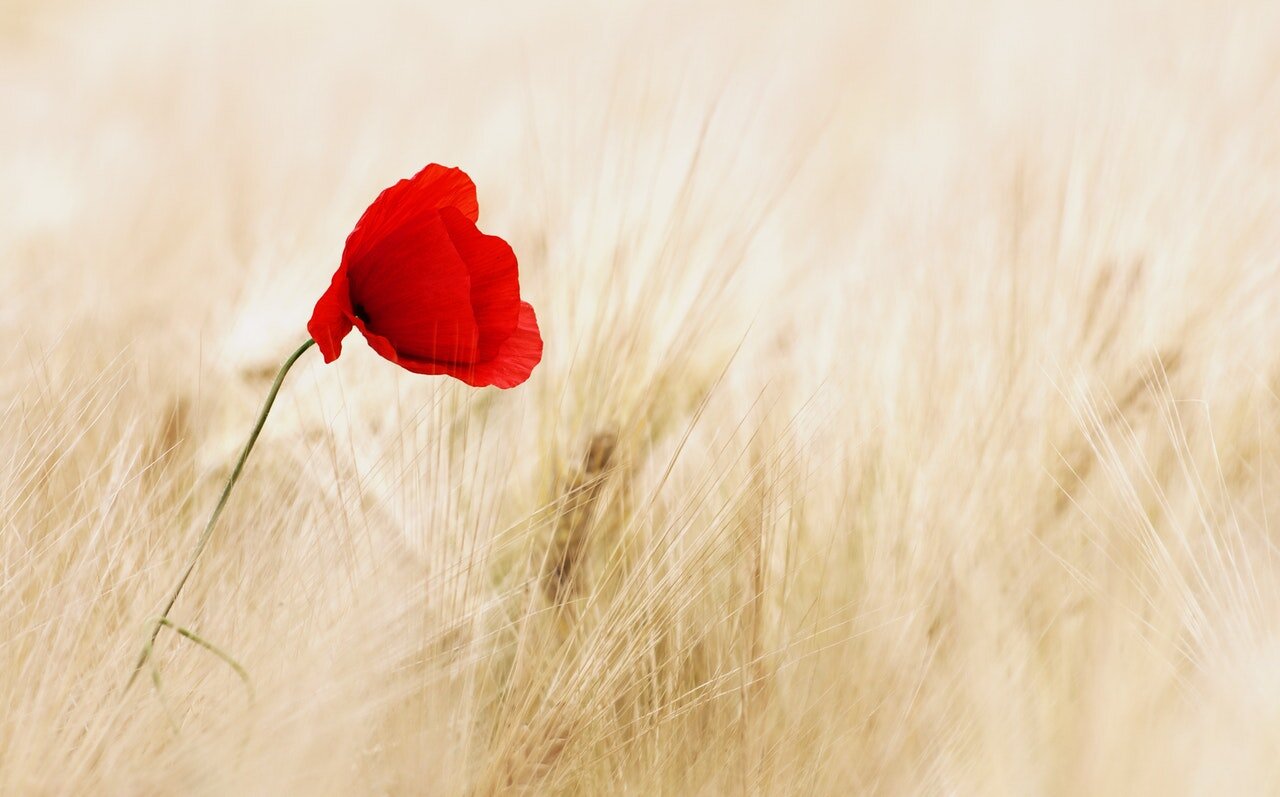Share This Article
An anonymous student discusses their brother’s transition and some of the responses that their family has faced.
When I completed my HSC in 2019, my parents took me aside to describe the scenario that my family would soon have to confront. My brother was about to undergo his social transition from female to male. I knew my brother had faced serious mental health obstacles related to gender dysphoria over the past few years, but that didn’t make the day any less confronting. After 14 years I had a brother rather than a sister. Although some may have thought this was extreme, that this was an optional choice made by my brother, I can assure you it wasn’t. In fact, it was a matter of life and death and an essential step to save my brother.
My brother is the kindest, most unassuming person I know. Many people believe that people who undergo social transitioning are simply confused or trying to seek attention. These people are often disconnected and ill-informed about the LGBTQIA+ community. Anyone who knows my brother knows how false this is. This was an essential step for my brother. He wasn’t aiming to seek attention at all, clearly demonstrated as he implored me to ensure this article remained anonymous.
Adjusting within our immediate family was the first difficult, yet crucial step. This was admittedly a challenging process. Making the transition after 13-14 years of calling my brother ‘her’ and ‘she’ was always going to be tough, with mistakes frequently made. However, I realised that it was the effort that counted, as despite the inevitable mistakes, all my brother wanted was to be treated like a boy.
However, we always knew the challenge would come from beyond the family walls. My brother needed his social transition to be acknowledged by the broader community. This meant informing people of his social transition. This began with an email sent to all our extended family and our family friends. I believe this was an essential step, as it reinforced our complete support to my brother, demonstrating that we would proudly acknowledge his transition and not try to hide or deflect from it. This support throughout the whole process has been essential to my brother’s mental health, as female to male transgender adolescents have the highest rate of suicide attempts in the community (50.8%). This number only increases for those who are rejected by parents and caregivers, which demonstrates just how important family support was for my brother.
Nevertheless, sending out such an exposing email still caused a lot of anxiety for my brother, who feared that people would not accept him. It’s fair to say that Sydney’s North Shore is the suburban heartland of rugby, where wearing a navy shirt and beige chinos is the norm. It’s not the place where you see same-sex partners holding hands frequently and I don’t know any other transgender people beyond my brother in our area. Even in our extended circle of family and friends, we have many successful doctors and white-collar workers, without doubt, a fairly conservative demographic typically perceived to be antagonistic to perceived ‘difference.’
Whilst our area is largely conservative, I was pleased to discover that this did not define their response to my brother. The response to our email was welcoming and kind, received with warmth, love and acceptance, despite the concepts being quite ‘outside the box’ for many who were reading it. This was a relief to our family but I thought it represented something bigger than that. I considered how this reflects the evolution of our society, where my brother can now thrive in an environment where he is accepted for who he truly is. What would the reaction have been 10-20 years prior if the same email was sent out?
I’m writing this article at the end of Pride Month, where LGBTQIA+ rights are in increased focus across the globe, and bigotry against the community is reducing in Australia. Younger generations are also more accepting than generations past on the whole, meaning that LGBTQIA+ acceptance is on an upward trajectory. Consequently, consumers now insist on respect of LGBTQIA+ rights so, corporate giants cannot allow workplace discrimination or homophobia, even though they may have turned a blind eye in the past. Now, respect for LGBTQIA+ identifying individuals is an essential element of corporate social responsibility. All we need to do is look at Afterpay’s development of a global pride employee newsletter to see this.
Despite living in arguably the most conservative area of Sydney, our family has been the beneficiaries of incredible acts of kindness and understanding. Consequently, despite the extremely tough process for our whole family to facilitate my brother’s transition, the community reaction (especially compared to even 1-2 decades ago) helped to keep my brother alive.
However, this process has also shown me how far society still has to come in order to satisfactorily accept the transgender community. The most disappointing and challenging aspect of my brother’s transition was finding a school. A prominent co-educational school was very happy to accept my sister, but not my brother. What does that say? Whilst my brother is now flourishing at an incredibly progressive school, this was a very disappointing reflection of the prejudices still rife in our society.
Moreover, coming from an all-boys private school on the North Shore, I am no stranger to the fact that insensitive words can be thrown around, such as using offensive slurs typically used to refer to members of the LGBTQIA+ community or even the word ‘gay’ itself as an insult.
Avoidance of these practices could be an initial goal for those less proximate to the LGBTQIA+ community. This is the simplest of benchmarks, but I know that hearing these slurs was a serious challenge for my brother as he gained the courage to come out to our family and beyond. I know that you have heard this message numerous times, but I implore the minority who continue to use non-accepting language to avoid it from now on. There really is no excuse.
Even though challenges still remain, there has been an outpouring of kindness and understanding towards my brother. The insensitivities were balanced by overall acceptance and countless generous acts. Being seen, treated and accepted as a boy has improved his mental health dramatically, and in my opinion, saved his life.
This article was published anonymously by a student at St Andrew’s College.
Image: Pexels



